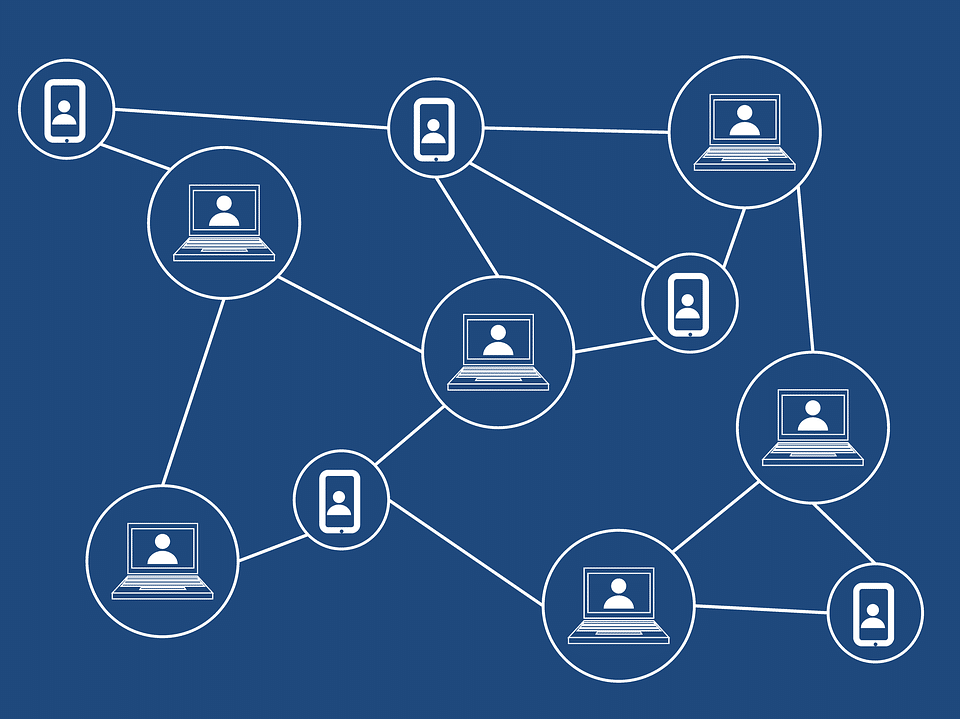Could Blockchain Soon Upend America’s Power Markets? Talk about a disruptive technology. Blockchain — the secure, decentralized and highly efficient platform for keeping track of infinite transactions — could soon be revolutionizing America’s electricity markets, too. Anyone wondering just how a “peer-to-peer power grid” works can look to LO3’s microgrid project in Brooklyn, New York. It’s where 60+ residents are now trading electricity they generate from solar panels to neighbors in need of extra power, via a simple app. Or to Europe, where companies are rolling out blockchain technology to enable energy trading between utilities, between residential customers, or simply to help owners of electric cars charge up their vehicles with their cell phones. Investors smell opportunity, too.
Technology giant Siemens just committed an undisclosed amount to LO3’s startup platform, signaling what’s ahead: The powerful blockchain tool may soon change how consumers buy and sell energy, transforming electricity markets as we know them today. Brooklyn Microgrid is developing a community-powered microgrid here in Brooklyn. This means our participants can engage in a sustainable energy network and choose their preferred energy sources, locally. 22 million users and counting Virtual energy markets are built on top of existing infrastructure to track power that is produced and bought, using blockchain to account for such transactions. It’s the same technology that the wildly popular bitcoin cryptocurrency is using, and which is now transforming the world’s financial markets — while also making inroads in insurance industries, political systems and philanthropies worldwide. Nearly 22 million people use bitcoin today to make electronic peer-to-peer transactions without an intermediary bank, according to Blockchain, the world’s largest provider of digital bitcoin wallets. That’s twice as many as a year ago. Will peer-to-peer energy trading see a similar growth curve? Utilities face technology wake-up call As distributed, decentralized energy […]

